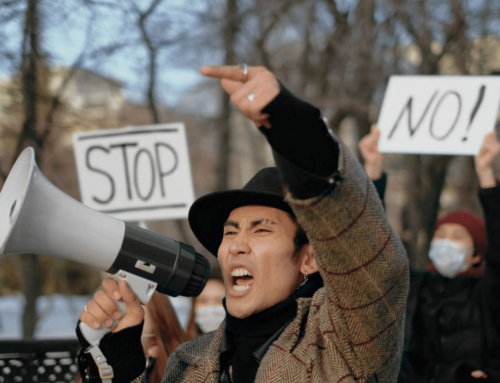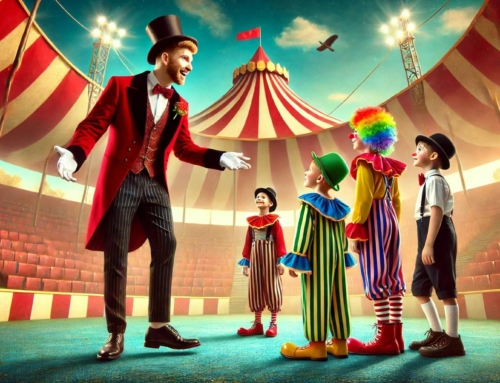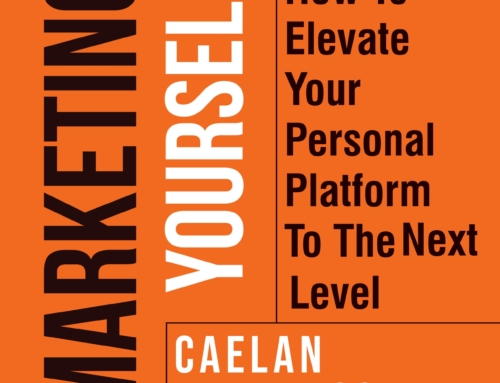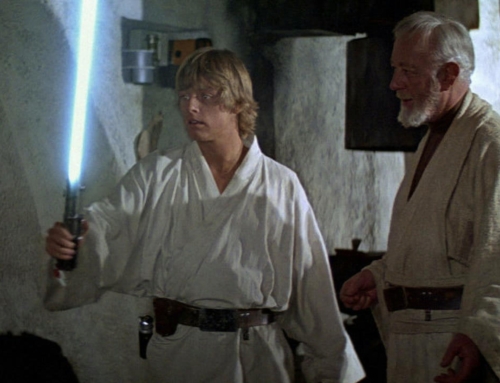In the game of life, how well you play determines your success.
Every day is another round, every year is another level, and at the end of the game, it doesn’t matter if you won the high score – all that matters is that you played the game well.

There are lots of ways we could look at your life as a game:
- Level up – celebrating another birthday
- Boss fight – overcoming a great challenge
- Lose a life – handle adversity, go back to start again
- Extra life – receive an inheritance or unexpected windfall
- Hit points – your physical health
- Experience points – skills you have accumulated
- Multiplayer – get married, invite someone to join your party
Playful Productivity is based on the idea that we can accomplish more if we have fun while we are working. The same task can be handled differently by different people, based on their expectations (and how they play). If you enjoy what you are doing, you will do it better than someone who hates doing it.
“Life is a game board. Time is your opponent. If you procrastinate, you will lose the game. You must make a move to be victorious.”– Napoleon Hill
Mihaly Csikszentmihalyi wrote a book called Flow: The Psychology of Optimal Experience. In this book, he described the state of being where work becomes easy.
You’ve probably experienced a state of flow many times in your life – where you have the right balance of challenge and mastery, and you are completely absorbed in the work at hand.
According to the author, these are the 8 Characteristics of Flow:
- Complete concentration on the task
- Clarity of goals and reward in mind and immediate feedback
- Transformation of time (speeding up/slowing down)
- The experience is intrinsically rewarding
- Effortlessness and ease
- There is a balance between challenge and skills
- Actions and awareness are merged, losing self-conscious rumination
- There is a feeling of control over the task
Is he describing work? Or is he describing play? Or is it possible he is describing the overlap between the two?
Play is a Choice
The distinguishing factor between work and play is voluntary engagement. Nobody can tell a child on the playground when it is the right time to get off the swings and go to the slide. Play is autonomous, and its engagement is voluntary. You play because you want to, and you do it how you want to.
Work is often treated as an obligation we must endure. But what if it wasn’t? What if our work was a game that we chose to play, because we found it enjoyable, meaningful, and interesting?
“Once we realize that the boundaries between work and play are artificial, we can take matters in hand and begin the difficult task of making life more livable.”– Mihaly Csikszentmihalyi
You might be thinking, ‘Collecting data for my quarterly report is boring. I don’t do it because I want to, I do it because I have to.’ There is always a part of your work that is drudgery, I agree. If someone has to pay you to do it, it’s likely they can’t find volunteers because it’s no fun.
But what if you could gamify the most boring parts of your work? What if you could trick yourself into enjoying the parts of your work that you avoid, and give yourself an incentive structure you can use to reward yourself for completing the most difficult parts of your work?
What if bringing play into your work made you more productive, interactive, and happier?
Related: Download my 16-page ebook, Gamify Your Work

I did not have to stoke the fire this morning. I didn’t have to hike down to the river to fetch water. My coffee beans were already roasted and ground, and with the push of a few buttons (and clever handling of the elements), I had a coffee this morning after only moments of preparation. Because I didn’t have to spend thirty minutes preparing my morning coffee, I have a lot of time to myself.
Should I redirect this time to work? Or to play?
This is the challenge of every modern worker: gains in productivity often lead to more work, not less. When you are good at your job, you are punished with more work.
Is this the right way to do things? The Luddites did not think so.
The Luddites were weavers in 19th-century England, and they did not like the new advances in technology. They were known for actively sabotaging the machinery that would have made their work more efficient. The Luddites, according to author Jeannette Winterson in her book 12 Bytes, were not enemies of progress; they were opposed to the exploitation of workers by increased technology.
The stocking frame that started the Luddite rebellion was invented much earlier, in the 16th century. When William Lee asked Queen Elizabeth for a patent, he was refused, because of the impact this invention would have had on the lives of English craftsmen. It wasn’t until 150 years later that the stocking frame was used in textile factories, and Luddites pushed back.
“Luddism rejects production for production’s sake: it is critical of ‘efficiency’ as an end goal, as there are other values at stake in work.”– Gavin Muller, Breaking Things at Work
Predictions of efficiency have promised less work in the future, not more. John Maynard Keynes predicted in 1930 that advances in technology would lower the typical workweek to 15 hours…but nearly a century later, despite staggering improvements in productivity, that has clearly not happened.
If you want to maximize every moment of the day, and make the most out of everything you’ve got, applying your productivity gains to working more makes a lot of sense. But over time, this will inevitably burn you out.
Plato believed the best life was one of leisure, pondering the great questions of philosophy. By his own definition, he lived a good life. His writings were prolific, and nobody can doubt he was productive.
If Plato were to be given a typewriter, what would he have done? Applied more time and energy to writing more philosophical treatises? Or taken some extra time off to play?
Joy is a human right.
Fred Rogers said “Play is the real work of childhood.” As the beloved television host of Mr Rogers’ Neighborhood, he was revolutionary in the 1950s for creating a program that was meant to be watched by children, and talked to them seriously about things that mattered to them.
Learning about the world by exploring it and experiencing it is how children practice being people. This is the purpose of play. Kids imagine scenarios and participate in those scenarios, to practice being human through play.
“Every child is born an artist, the problem is how to remain an artist when we grow up.”– Pablo Picasso
The very exploration and creativity that helps us learn as children is shunned when we become adults. This leads to grown-ups focusing on the lower levels of productivity, and becoming dissatisfied with the mundane work that traps them there.
Efficiency is the lowest level of productivity. Being efficient means you can do lots of things with a limited amount of time, but it doesn’t mean those are the right things to do. Your goal might be better achieved by doing something else slowly, instead of your current familiar task quickly. There are plenty of techniques for becoming efficient – time blocking, batching tasks, and GTD – but being efficient can trap you into spinning your wheels without getting anywhere. When people study productivity, they may learn a few tricks for efficiency, but it doesn’t necessarily make them effective.
Effectiveness leads to more productivity, but it doesn’t look the same. An effective person may not work as hard, but they are more discerning about what they choose to do. Being effective requires strategic decisions that go beyond ‘work fast’ and ‘work hard’ but instead involve challenging, existential questions like ‘Should I even do this?’
The third level of productivity is when you are leveraged. In physics, leverage is a phenomenon where a lesser amount of force is required to move a greater weight, because the fulcrum is moved farther away from you. “Giving me a lever long enough and a place to stand,” Archimedes once said, “and I can move the world.” Leverage is a magnificent method to maximize what you’ve got, and delegation is often the key to leverage. You can be effective at doing all the things you can do, but if you train others how to do it and manage their work, you can employ a staff to do much more than you could ever do alone.
The final level is the flow found in Playful Productivity. Beyond efficiency, beyond effectiveness, beyond leverage, being playful will bring joy and resilience into your work. Difficulties will not drag you down, and others will be inspired to participate with you.
“I’ve never really understood why so many people separate work and play – it’s all living. We should be able to have fun at work and bring out the best in each other.”– Sir Richard Branson
Playfulness invites you back into the learning style you had as a child, when you would explore new situations with the eye of a beginner. Children are not held back with preconceived notions, or best practices that are institutional because it’s the ‘way things have always been done.’ To get results you’ve never attained before, you need to try things you’ve never tried before, and play is the secret hack to allow you to do this.
The only constant in business is change, which means keeping to the safe and steady is a recipe for eventual failure. The best way to handle change is to stay agile and limber, so you can pivot when you need to, and you won’t find yourself stuck in yesterday’s way of thinking when tomorrow has arrived.
Play gives you the ability to explore new possibilities, to experiment with new opportunities, and to challenge old ways of thinking.
By bringing play into your work, you will find yourself more creative, spontaneous, and adaptable to change.
Oh, and you’ll have more fun, too. This might seem irrelevant, but studies have repeatedly shown that those who enjoy their work are reliably more productive than those who are stuck in drudgery.
This article is an excerpt from my next book, Playful Productivity. To get notified when it’s ready, sign up for the wait list here.






Leave A Comment